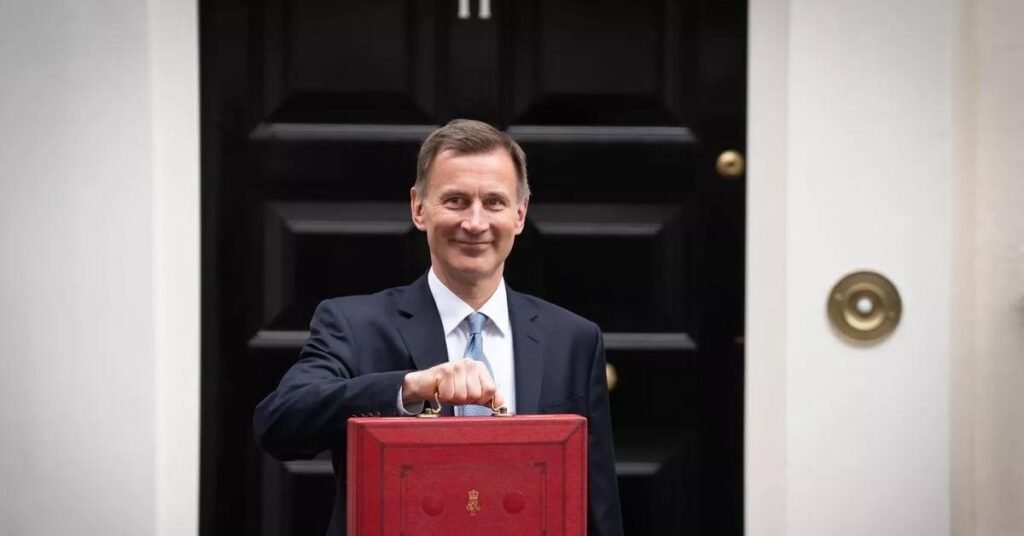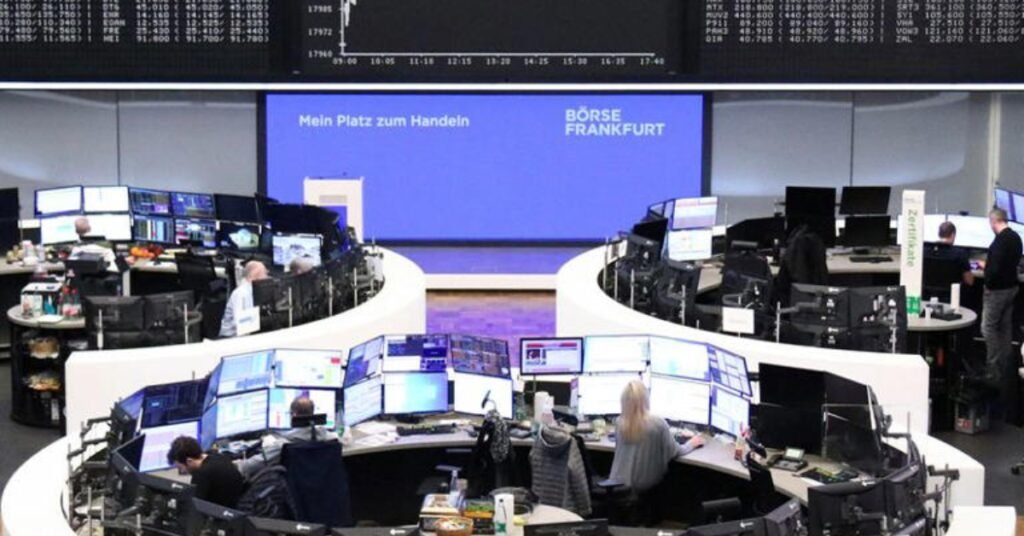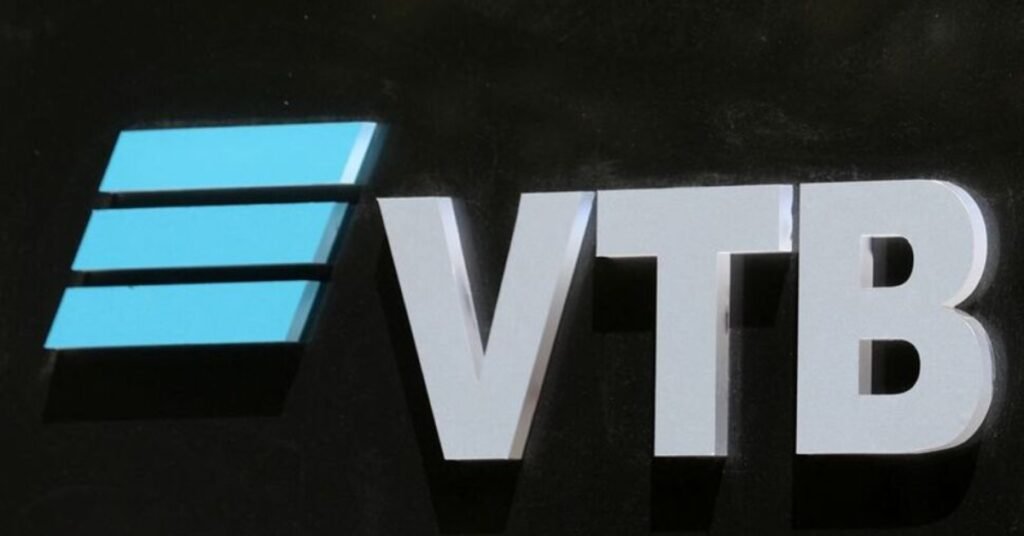Explore the latest insights on the UK’s economic outlook as the Institute for Fiscal Studies unveils a challenging forecast, highlighting looming recession risks, borrowing constraints, and the limited scope for tax cuts or increased public spending.
Table of Contents
In its latest report, the Institute for Fiscal Studies (IFS) has raised alarms about the United Kingdom’s precarious economic condition.
With predictions of a looming recession and high borrowing costs, the UK’s financial future appears challenging.
The IFS’s comprehensive Green Budget outlines the economic hardships that the country is expected to endure.
A Recession on the Horizon
According to the meticulous analysis funded by the Nuffield Foundation and assisted by Citi’s economic forecasting, the UK economy braces itself for a “moderate” recession in the first half of 2024.
A recession is typified by two or more consecutive quarters of negative economic growth.
The recession, expected to persist for nine months, is primarily attributed to escalated borrowing costs and inflation rates that surpass the target.
Limited Room for Fiscal Adjustments
The report illuminates the tight spot the UK government finds itself in, needing more space for tax reductions or elevating public spending.
Despite the government planning stringent public spending, the expectations are geared towards accruing the largest surplus revenues beyond non-interest spending in decades.
Contrary to the March predictions by the Office for Budget Responsibility (OBR), government borrowing is projected to be lower by around £20 billion this year.
Surging Taxes and Constricting Public Expenditure
Taxes are on an uphill trajectory, heading to unprecedented levels.
The government, struggling with sky-high debt due to elevated borrowing costs, will likely maintain a leash on public spending.
Considering the existing state of the nation’s finances, the Chancellor faces immense challenges, making it improbable to foresee any imminent tax cuts.
Anticipating Real-term Budget Cuts
Post-March 2025, several government sectors may encounter real-term curtailments in their routine budgets and dwindling public service investments.
This projection comes amidst surging demands for enhanced services like the NHS and obligations to spend in domains such as defense and childcare.
A Silver Lining: Declining Inflation
However, amidst the grim forecasts, there appears to be a glimmer of optimism.
The UK’s Consumer Prices Index (CPI) inflation is anticipated to taper off to around 4.3% by the year’s close.
This aligns with the Prime Minister’s pledge to curtail inflation by half by the year’s end.
Uncertainties Looming Over Interest Rates
Speculations suggest that interest rates might consistently hover above 5% until the middle of 2024.
Following this, there could be a gradual reduction by the Bank of England.
The central bank, however, finds itself in a dilemma, attempting to manage inflation rates while trying to avert exacerbating the recession through stringent budgets.
Government’s Stance on Economic Projections
In response to these economic forecasts, the government maintains a firm stance, aiming to trim down the debt and remains undeterred by fluctuations in economic growth, inflation, and interest rates.
They emphasized their relentless efforts during the pandemic and highlighted the unforeseen economic strains brought about by external factors like Putin’s invasion, which escalated inflation and interest rates.
Get our best stuff sent straight to you! Join our WhatsApp Channel.






